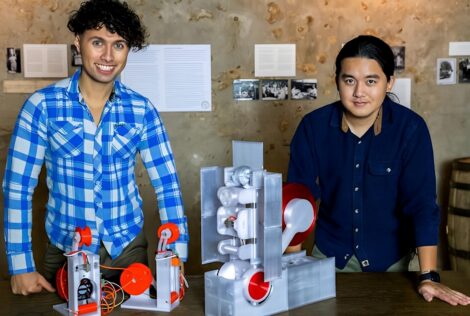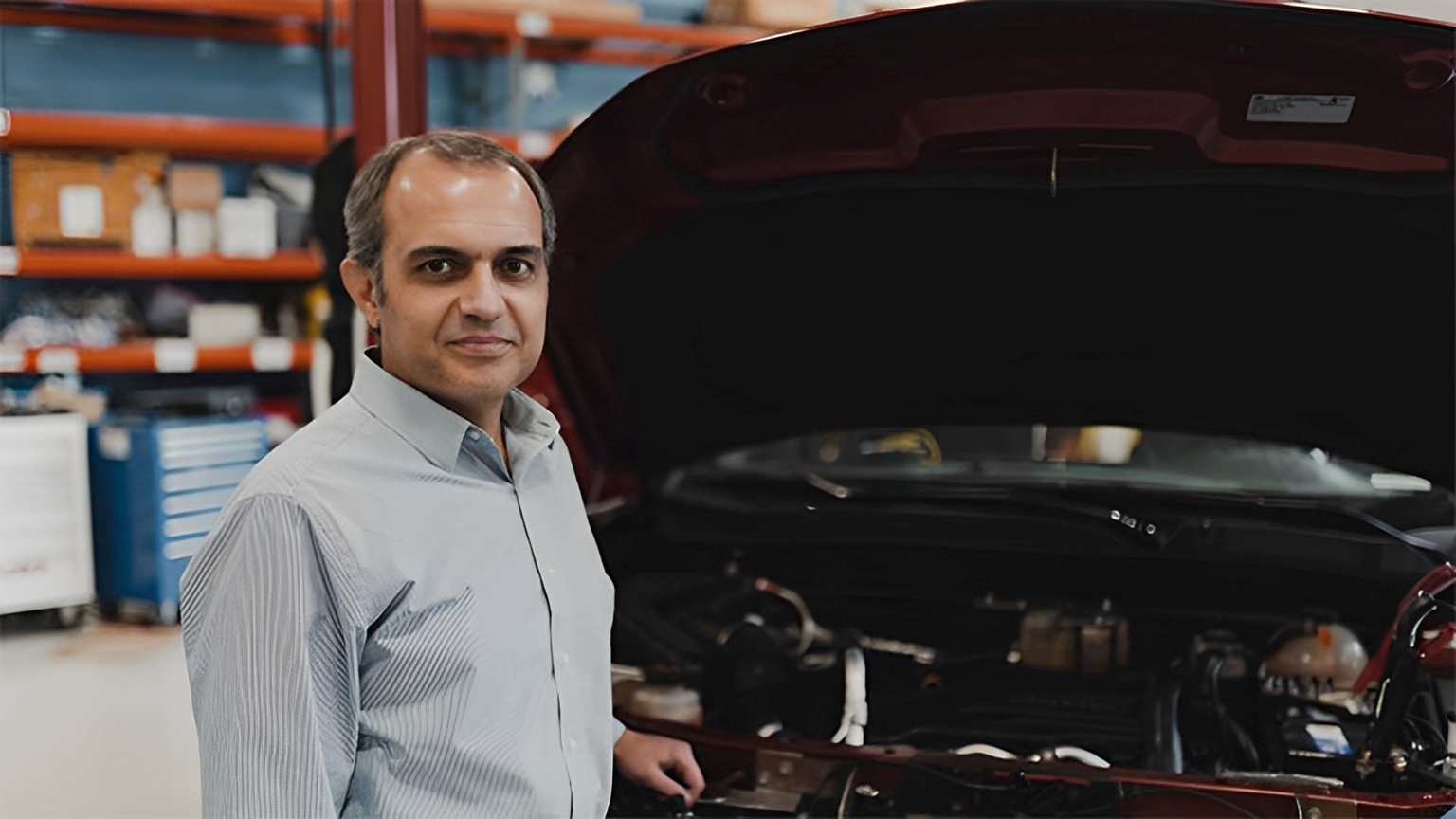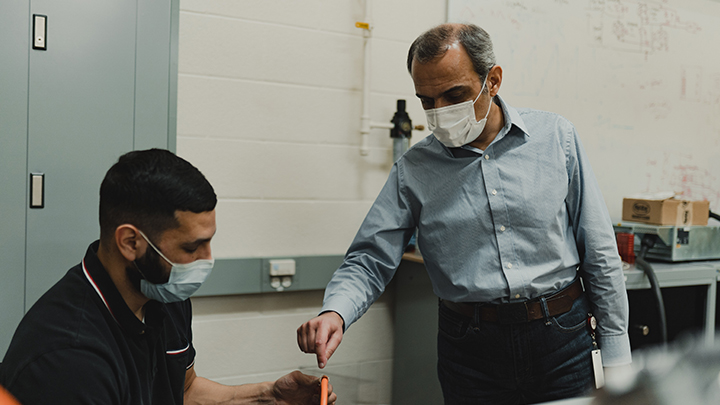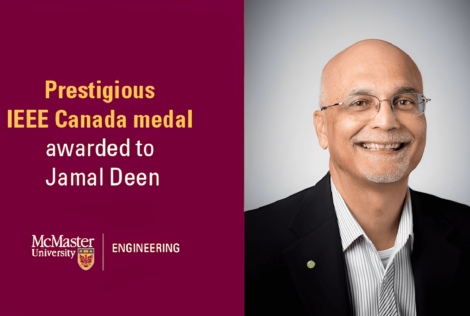

Babak Nahid-Mobarakeh has been named a Fellow of the Institute of Electrical and Electronics Engineers (IEEE) in recognition of his contributions to service continuity of electric motor drive systems.
Reflecting on decades of research focusing on continuity of electrical systems, including electric motor drives and microgrids, Nahid-Mobarakeh said he was honoured by the achievement.
The fellowship is highly prestigious — the number of IEEE Fellows elevated in a year is no more than 0.1 per cent of the total voting membership. There have been 17 McMaster Engineering professors to achieve the rank. There are over 400,000 IEEE members across 160 countries contributing to the organization’s mission of fostering technological innovation and excellence for the benefit of humanity.
For Nahid-Mobarakeh, that honour of a fellowship not only pays tribute to his own career, but also extends recognition to a world of engineering professionals dedicated to making the world more sustainable.
Being named as an IEEE Fellow was a little bit beyond that personal satisfaction. It showed me that what we do – engineers, researchers –it mattered. It’s important to set some very big, high-level targets like Net Zero, gas emissions reduction, and to move to a more sustainable industry.
Nahid-Mobarakeh has focused on electrified transportation systems, with a keen interest in exploring electrifying aircraft transportation in the effort to decrease its carbon footprint.
As the world emits higher levels of CO2 and other gases, it delivers an immediate effect on unstable, extreme, and uncharacteristic climate changes around the globe. While pursuing innovation for environmental change, Nahid-Mobarakeh says his thoughts turn to his son, and the world that awaits him and future generations.
“It is about the future of humanity. I’m just a small, small part of this but I try to continue to improve our environmental footprint,” he said.
“We have a limited time on earth…we do not live forever. The question is how we use our time when we are living. My life will continue through my son, my neighbours, my friends. Selfishly speaking, I try to contribute to their happiness.”
Nahid-Mobarakeh recently received NSERC funding for his research, focusing on developing a Smart Integrated Electric Motor not only for aircraft systems that traditionally use hydraulics and pneumatics, but also to propel future all-electric air, sea and land vehicles.
His vision is to make those motor drives work in such a way that they’re “forgettable” – small in size and weight, performing seamlessly and fulfilling their job with resilience.

A professor in the department of electrical and computer engineering, Nahid-Mobarakeh said he looks to his students for inspiration.
“I am very impressed with young researchers. They are very motivated and that drives me a lot. I see how excited and knowledgeable they are. So, I push myself to keep track with this young generation that is very promising for the future.”
His other research includes stability analysis and stabilization of microgrids, part of the bigger picture of “smart cities.”
Nahid-Mobarakeh is the recipient of several IEEE Awards, an associate editor of three IEEE journals, expert in European and North American panels, holder of six patents, and author or coauthor of more than 250 peer-reviewed international journal and conference papers.
His recognition as an IEEE Fellow comes shortly after Steve Hrlanovic, professor of electrical and computer engineering and associate dean (academic), was also elevated to an IEEE Fellow for contributions to optical wireless communication systems.


